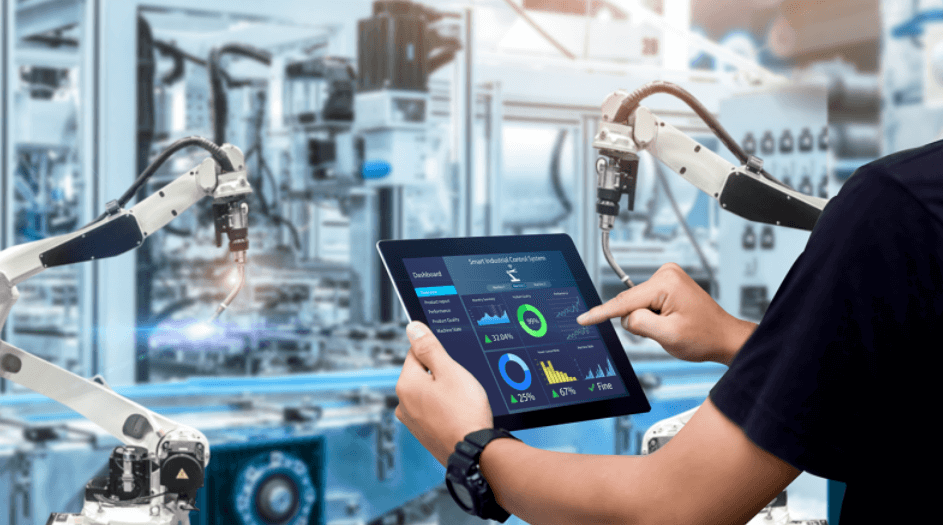The Importance of Smart Manufacturing in the Modern Economy
Smart manufacturing represents a pivotal shift in the industrial landscape, harnessing the power of automation and data analytics to streamline operations. This approach not only enhances efficiency but also drives innovation and sustainability, positioning manufacturers for success in an increasingly competitive global market. As industries adapt to these advancements, the implications for economic growth and development become profound. Understanding the nuances of this transformation raises critical questions about future trends and practices in manufacturing.
Enhancing Efficiency Through Automation and Data Analytics
In the realm of smart manufacturing, automation and data analytics emerge as pivotal forces driving operational efficiency.
Predictive maintenance minimizes equipment downtime by analyzing data to forecast failures, thus ensuring uninterrupted production.
Moreover, process optimization leverages real-time insights to refine workflows, enhancing resource allocation and reducing waste.
Together, these technologies empower manufacturers to achieve greater freedom in their operations, fostering a competitive edge.
See also: The Importance of Data Privacy in the Age of Technology
Driving Innovation and Sustainability in Manufacturing
While traditional manufacturing practices often prioritize immediate efficiency, the integration of innovative technologies and sustainable practices is reshaping the landscape of the industry.
Emphasizing renewable resources and adopting a circular economy framework, manufacturers are not only enhancing productivity but also reducing environmental impact.
This approach fosters a culture of innovation, enabling companies to thrive while contributing to a more sustainable future.
Staying Competitive in a Global Market
The shift towards innovation and sustainability in manufacturing presents both opportunities and challenges for companies aiming to remain competitive in a global market.
Emphasizing global collaboration enhances supply chain efficiency, allowing firms to leverage diverse resources and expertise.
Conclusion
In conclusion, the significance of smart manufacturing extends beyond mere operational improvements; it is poised to redefine the very fabric of the global economy. As companies increasingly embrace automation and data analytics, the looming question remains: will those who resist this transformation find themselves obsolete? With innovation and sustainability at the forefront, the stakes have never been higher. The future of manufacturing hinges on the ability to adapt, leaving a critical choice for industries—evolve or risk being left behind.





